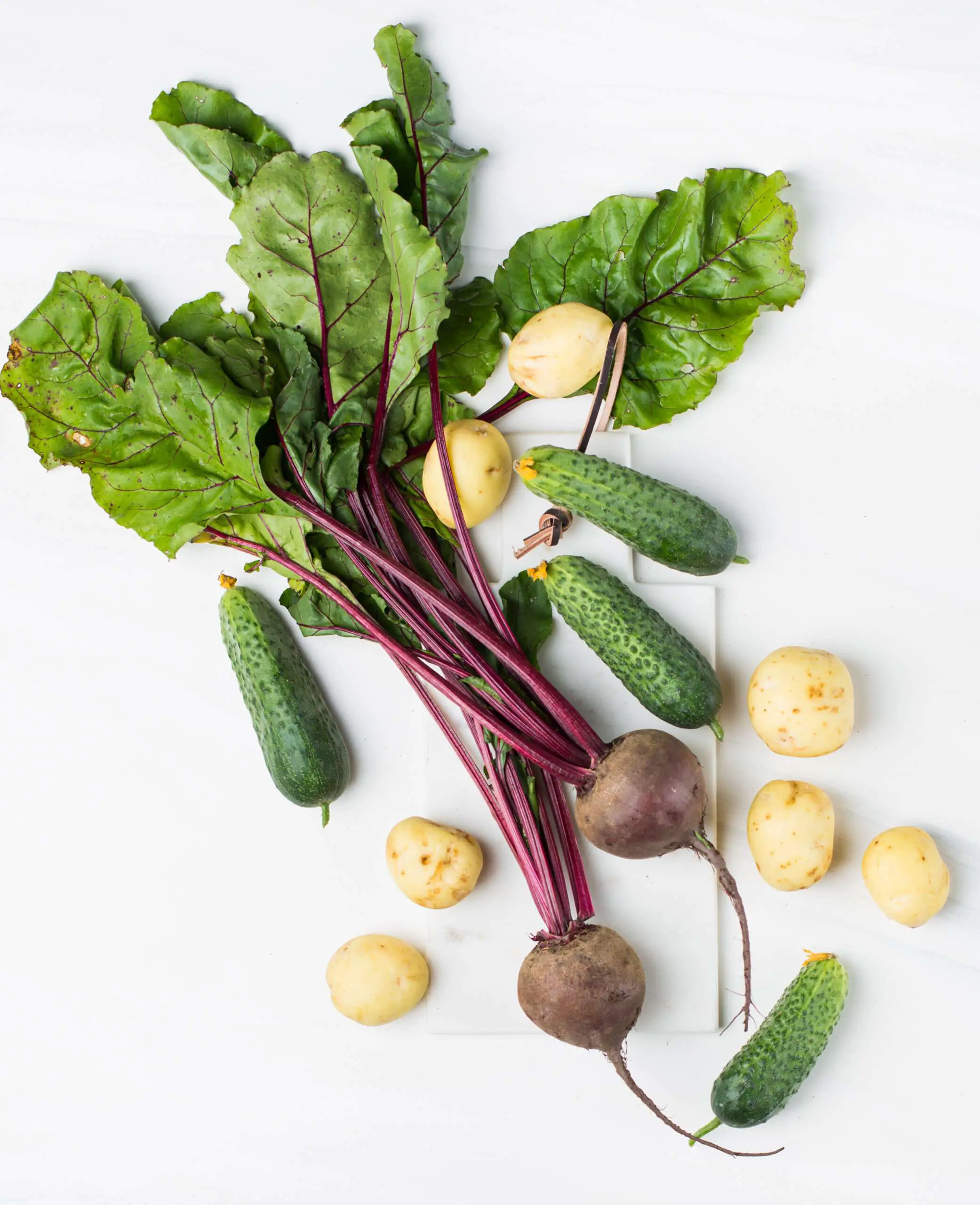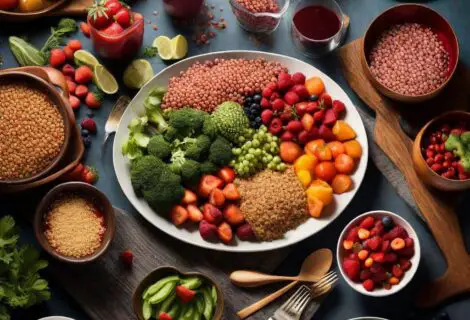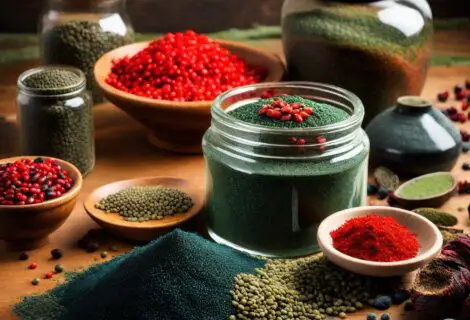Beet-ing the Odds: The Surprising Benefits of Eating Beets
A Storied History: From Ancient Times to Modern Cuisine
Beets have a long and storied history that dates back to ancient times. The ancient Greeks and Romans ate beets, and the vegetable was also used in ancient medicine to treat a variety of ailments. In fact, beets were so popular in ancient times that they were often used as a form of currency. The ancient Romans used beets to pay their taxes, and the vegetable was also used as a form of payment for laborers.
But beets didn’t stop being popular in ancient times. In the 19th century, beets became a major crop in Europe, particularly in France and Germany. The sugar beet, a variety of beet that is high in sugar, was developed in the early 19th century and became an important source of sugar in Europe.
Today, beets are still grown all over the world, and they’re used in a variety of ways. In addition to being roasted, boiled, or pickled, beets are also used to make beet juice, which is believed to have a variety of health benefits. Some people even use beet juice as a natural way to enhance athletic performance, as it’s believed to increase oxygen delivery to the muscles.
But let’s not forget about the fun side of beets. They can be used to create a variety of colorful and delicious dishes, from roasted beet salads to beet hummus to beet cake. And if you’re feeling adventurous, you can even use beets to make natural food dye.
So, whether you love beets or hate them, there’s no denying that they’re a fascinating vegetable with a rich history and a variety of uses. The next time you see beets at the grocery store or farmer’s market, give them a try and see what all the fuss is about. Who knows, you might just become a beet lover yourself!
Benefits of Eating Beets:
- High in Nutrients: Beets are loaded with essential vitamins and minerals like vitamin C, fiber, folate, iron, potassium, and manganese.
- Helps Lower Blood Pressure: Beets are known to help lower blood pressure due to their high nitrate content, which is converted to nitric oxide in the body. Nitric oxide helps to relax and dilate blood vessels, improving blood flow and reducing blood pressure.
- Boosts Exercise Performance: The nitrates in beets can also help improve exercise performance by increasing oxygen delivery to muscles, which helps to reduce fatigue and increase endurance.
- Anti-Inflammatory Properties: Beets contain betaine, which has anti-inflammatory properties and can help reduce inflammation in the body.
- Helps Support Digestive Health: Beets are high in fiber, which helps to support digestive health by promoting regularity and reducing the risk of constipation.
- May Improve Brain Function: The nitrates in beets can also help improve brain function by increasing blood flow to the brain, which can enhance cognitive function and memory.
- May Help Reduce Risk of Chronic Diseases: Beets are rich in antioxidants, which can help to reduce the risk of chronic diseases such as heart disease, cancer, and diabetes.
- May Help Support Liver Function: Beets contain compounds that can help support liver function, including betaine and pectin.
- May Improve Skin Health: The antioxidants in beets can help to improve skin health by protecting against oxidative stress and reducing inflammation.
- May Support Weight Loss: Beets are low in calories and high in fiber, which can help to promote feelings of fullness and reduce calorie intake, which may aid in weight loss efforts.
Beets in the Kitchen: Creative Uses and Recipes
Beets are versatile in the kitchen, and their unique taste and vibrant colors can be used to create a variety of dishes that are both healthy and visually appealing. Here are a few ideas to get you started:
- Beet Salads: Combine roasted or steamed beets with fresh greens, goat cheese or feta, and a tangy vinaigrette for a simple yet flavorful salad. You can also add nuts, seeds, or other vegetables for extra texture and taste.
- Beet Smoothies: Add cooked or raw beets to your smoothies for a natural boost of nutrients and color. Combine beets with fruits like berries or oranges, and blend with yogurt or milk for a creamy, satisfying drink.
- Beet Risotto: Cook risotto as usual, but add diced, roasted beets to the mix for a colorful, earthy twist on this classic Italian dish.
- Beet Hummus: Blend cooked beets with chickpeas, tahini, lemon juice, and spices to create a vibrant, tasty variation of traditional hummus. Use it as a dip for vegetables or pita chips, or as a spread on sandwiches and wraps.
- Beet Chips: Thinly slice beets, toss them with a little oil and seasoning, and bake until crispy for a nutritious and colorful alternative to potato chips.
- Beet Pancakes: Add grated beets to your pancake batter for a fun, pink-hued breakfast treat that’s packed with extra nutrients.
- Beet Soup: Create a delicious, warming beet soup by blending cooked beets with vegetable broth, onions, and spices. Garnish with a dollop of sour cream or yogurt for a creamy touch.
Whether you’re already a fan of beets or are just discovering their potential, these versatile root vegetables can bring a wealth of health benefits, culinary inspiration, and historical intrigue to your table. Embrace the power of the beet and let it become a regular part of your diet for a vibrant, healthy lifestyle.
If you enjoyed reading this, you may also like “Going Vegan: 5 Tips to Starting a Vegan Lifestyle” and “5 Ways to Keep Your Heart Healthy for American Heart Health Month.“
Q: Can I eat beets raw, or do they always need to be cooked?
A: Beets can be enjoyed both raw and cooked. Raw beets are crunchy and can be grated or thinly sliced for salads, while cooked beets become tender and sweet.
Q: Are beet greens edible, and what can I do with them?
A: Yes, beet greens are edible and highly nutritious. They can be sautéed, steamed, or added to soups and stews, much like spinach or Swiss chard.
Q: Do beets have any potential side effects or interactions?
A: Some people may experience harmless “beeturia,” or reddish-colored urine, after consuming beets. If you’re taking blood-thinning medications, consult your doctor before consuming large amounts of beets, as they contain vitamin K, which can interact with these medications.
Q: Are there any specific varieties of beets that are best for certain dishes?
A: Red and golden beets are the most common varieties and can be used interchangeably in most recipes. Chioggia beets, with their striking red and white concentric rings, add visual interest to salads and other raw preparations.
Q: How should I store beets to ensure they stay fresh?
A: Remove the greens and store them separately in a plastic bag in the refrigerator. The beet roots can be stored in a cool, dark place or in the refrigerator crisper drawer for up to 2-3 weeks.










